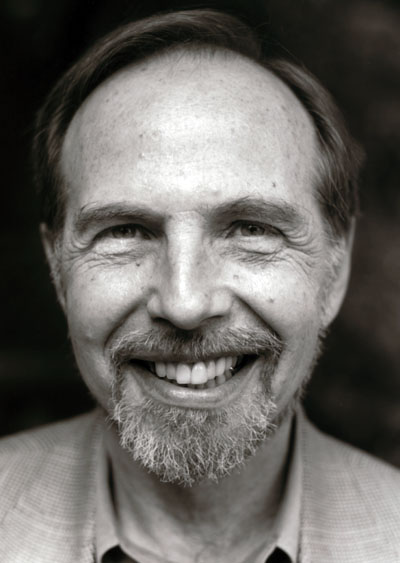 |
| Prof. Arthur Kleinman |
Prof. Arthur Kleinman, Professor of Medical Anthropology and Psychiatry at Harvard University, will visit the University of the Free State from 4 to 6 February 2013. Prof. Kleinman is a Rabb Professor of Anthropology and Director of the Harvard Asia Centre.
The highlight of his visit will be his participation in the one-day colloquium entitled “Constructions of Illness and Identity: Subjectivity and Chronic Illness in the South African Context” that will take place on 5 February 2013 in the Centenary Hall. He will be joined by a range of speakers from various international and national universities. During his visit, he will also deliver two other lectures.
On Monday, 4 February, he will give a lecture titled: “Against Cynicism: How the Humanities and the Cultivation of our moral selves sustain the Idealism of Students and Faculty”, and on Wednesday, 6 February 2013, he will speak on “Care giving: Revitalising its place in Medicine”. Professor Kleinman is the author of six books, co-author of two others, co-editor of nearly 30 volumes and eight special issues of journals, and author of over 300 articles, book chapters, reviews and introductions.
For further enquiries, please contact Dr Katinka De Wet on 051 401 2918 or dewetk@ufs.ac.za.